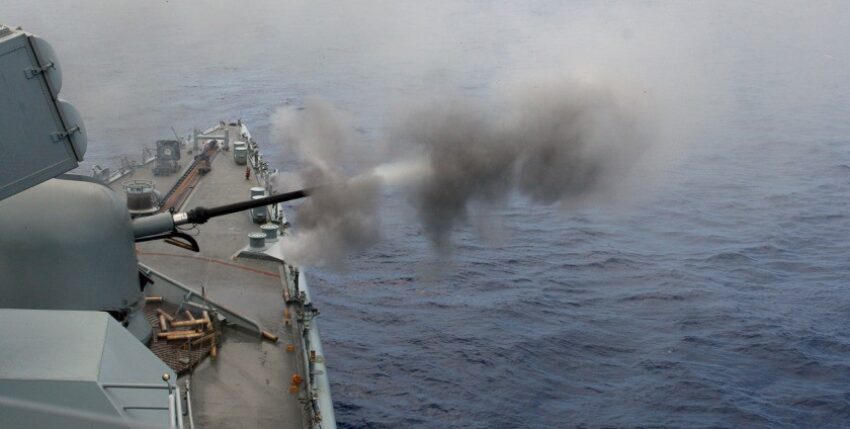After the turnaround, Germany must abandon its dogmatic foreign policy.
Probably no other term has been so overused in reporting this year as "turning point". Hardly a journalistic article with even an extended security policy context can do without it. The turning point is almost exclusively used in a direct context, if not synonymously, with the 100 billion euro special fund for the Bundeswehr. This not only falls far too short, it is also dangerous. As desirable, overdue and necessary as a fully equipped Bundeswehr is for Germany, without the necessary broad social debate on Germany's future security policy self-image and a fundamental change in the political mindset, the special fund threatens to fizzle out. In the worst case scenario, we may have a fully equipped Bundeswehr in ten years' time, but continue to practise security policy self-deprecation and domestic navel-gazing. The special funds would then have been invested more sustainably in the integration of (Ukrainian) war refugees or reforms in the education and healthcare sectors, for example! In a guest article for the US magazine "Foreign Affairs" - tellingly entitled "The Global Turning Point" - Federal Chancellor Olaf Scholz recently emphasised once again Germany's claim to want to be the central pillar of Europe's security policy in the future. Strong words abroad, while politicians at home (and not just those of the traffic light party) have so far withheld an open debate from society about the consequences of these ambitions.The military is the last resort of politics. In Germany, this has been wrongly equated with "last resort" and failure for decades. If politics fails, then the military is the consequence - and this must be prevented at all costs. German foreign policy is peace policy, so the dogma goes. Correctly translated, however, ultima ratio means "extreme means" and as such, the military must always be considered as one of many possible options in German foreign and security policy in future. Germany must therefore become not only capable, but above all politically and socially willing to threaten and ultimately utilise military power. In accordance with our tradition in the alliance or with partners. But if the Chancellor takes himself at his word, Germany must transform itself from a brakeman to a driver in terms of security policy - a transformation that is politically and socially explosive.Institutionally, too, we will have to leave familiar and comfortable paths. UN mandates as the basis for Bundeswehr deployments by the Bundestag will be cancelled for the foreseeable future, as the permanent Security Council members China and Russia will increasingly see their geostrategic interests jeopardised and veto them accordingly. Growing tensions within the EU (Hungary) and NATO (Turkey) are also making unanimous mandates less likely. At the same time, "the West", and thus Germany, will continue to be challenged as a security policy actor. A self-proclaimed value-led foreign policy will therefore make it necessary to rely less on international legal institutions to protect freedom and human rights in the future. Ad hoc coalitions of willing and capable states will play a greater role. A self-proclaimed cornerstone of European security policy can rightly be expected not only to join such coalitions, but also to initiate and lead them when necessary. This would be a real turning point in the mandating of Bundeswehr missions. Such decisions should be based on the strategic German foreign and security policy interests derived and defined in the national security strategy. It will be interesting to see whether the paper to be published will fulfil this requirement.
Johannes Peters is Head of the Maritime Strategy and Security Department at the Institute for Security Policy at Kiel University.
Johannes Peters







